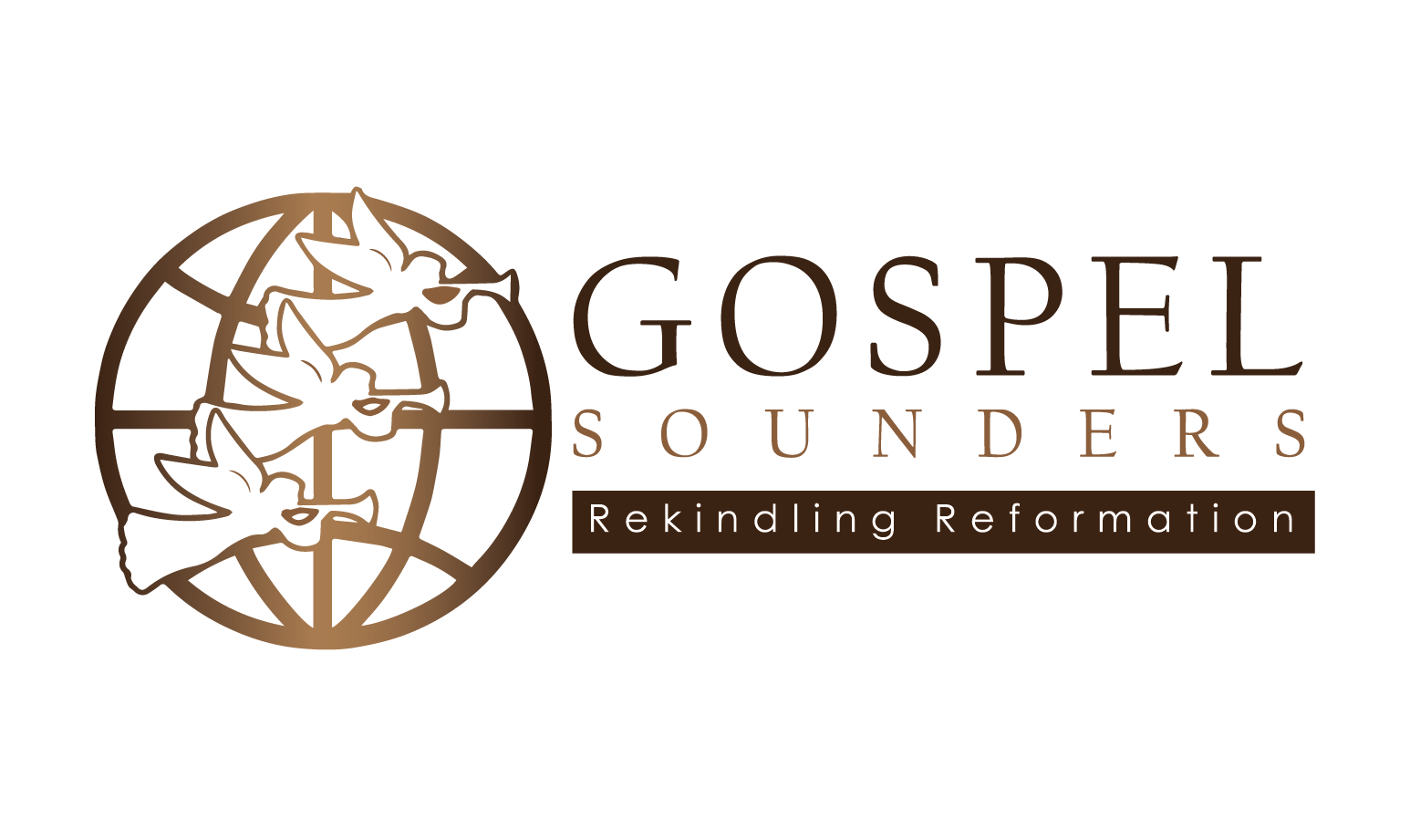THE BEGINNING OF NATIONS
It is extremely difficult to say what particular nations and people sprang from the three grand divisions of the family of Noah, because the names of many of those ancient people have become changed in the vast lapse of time from the deluge to the Christian era; yet some are so very distinctly marked that they can be easily ascertained, while a few still retain their original names.
In confirmation that all men have been derived from one family, let it be observed that there are many customs and usages, both sacred and civil, which have prevailed in all parts of the world; and that these could owe their origin to nothing but a general institution, which could never have existed, had not mankind been originally of the same blood, and instructed in the same common notions before they were dispersed. Among these usages may be reckoned, 1. The numbering by tens. 2. Their computing time by a cycle of seven days. 3. Their setting apart the seventh day for religious purposes. 4. Their use of sacrifices, propitiatory and eucharistical. 5. The consecration of temples and altars. 6. The institution of sanctuaries or places of refuge, and their privileges. 7. Their giving a tenth part of the produce of their fields, &c., for the use of the altar. 8. The custom of worshipping the Deity bare-footed. 9. Abstinence of the men from all sensual gratifications previously to their offering sacrifice. 10. The order of priesthood and its support. 11. The notion of legal pollutions, defilements, &c. 12. The universal tradition of a general deluge. 13. The universal opinion that the rainbow was a Divine sign, or portent, &c., &c. See Dodd. The wisdom and goodness of God are particularly manifested in repeopling the earth by means of three persons, all of the same family, and who had witnessed that awful display of Divine justice in the destruction of the world by the flood, while themselves were preserved in the ark. By this very means the true religion was propagated over the earth; for the sons of Noah would certainly teach their children, not only the precepts delivered to their father by God himself, but also how in his justice he had brought the flood on the world of the ungodly, and by his merciful providence preserved them from the general ruin. It is on this ground alone that we can account for the uniformity and universality of the above traditions, and for the grand outlines of religious truth which are found in every quarter of the world. God has so done his marvellous works that they may be had in everlasting remembrance.
JAPHETH
Japheth is supposed to be the same with the Japetus of the Greeks, from whom, in an extremely remote antiquity, that people were supposed to have derived their origin. Galatians Macedonia, Spain, Armenia, Gaul, Italy, Greece, and Asia Minor. Concerning Tarshish] who was a descendant of Japheth, he first inhabited Cilicia, whose capital anciently was the city of Tarsus, where the Apostle Paul was born (Acts 21:39).
HAM WHO LAUGHED AT HIS DAD NOAH WHEN DRUNK AND NAKED
Sons of Ham–emigrated southward, and their settlements were: Cush in Arabia, Canaan in the country known by his name, and Mizraim in Egypt, Upper and Lower, Libya, Babylon and Philistines. It is generally thought that his father accompanied him and personally superintended the formation of the settlement, whence Egypt was called “the land of Ham” Asshur Assyria. Cush] who peopled the Arabic nome near the Red Sea in Lower Egypt. Some think the Ethiopians descended from him.
SHEM
The historian introduces him with marked distinction as “the father of Eber,” the ancestor of the Hebrews. Aram–In the general division of the earth, the countries of Armenia, Mesopotamia, and Syria, fell to his descendants. It is generally supposed that the Hebrews derived their name from Eber or Heber, son of Shem Damascus Jordan, having Arabia Deserta on the east and the Jordan on the west.
